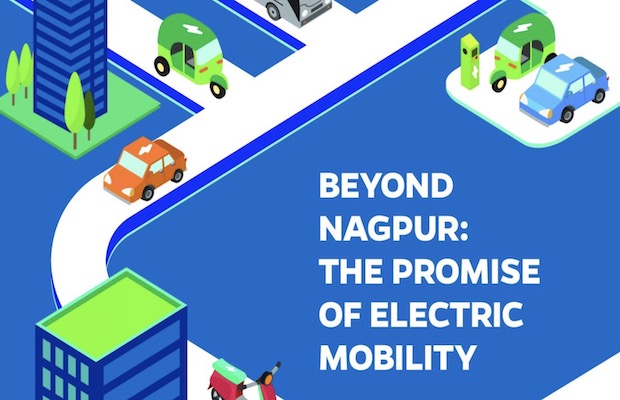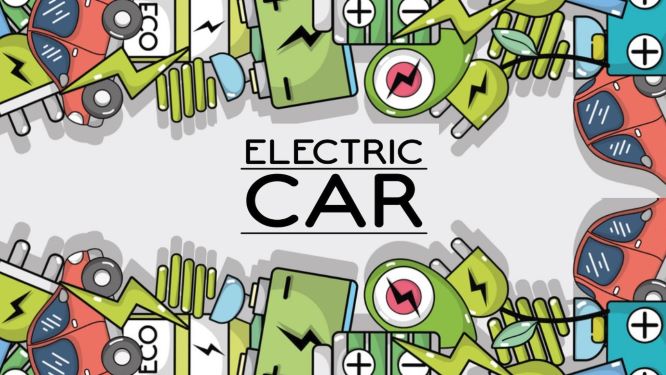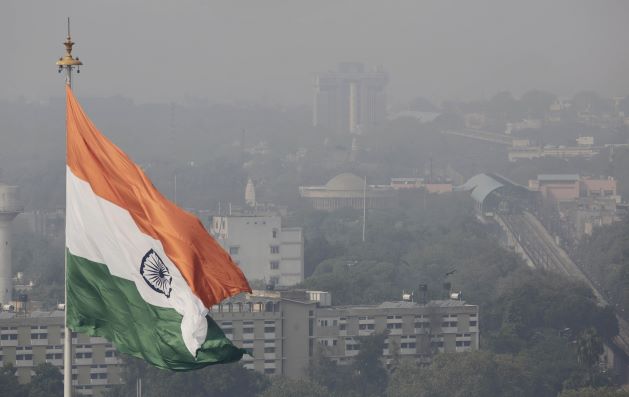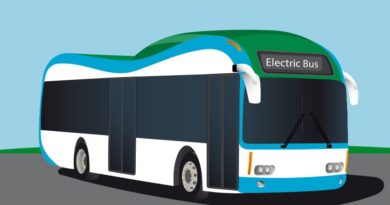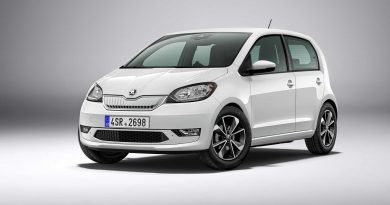FAME Needs Supplementary Steps To Boost Mass EV Adoption: CII
Measures to boost market creation, domestic manufacturing of components and batteries and skill development are needed to support FAME, says CII.
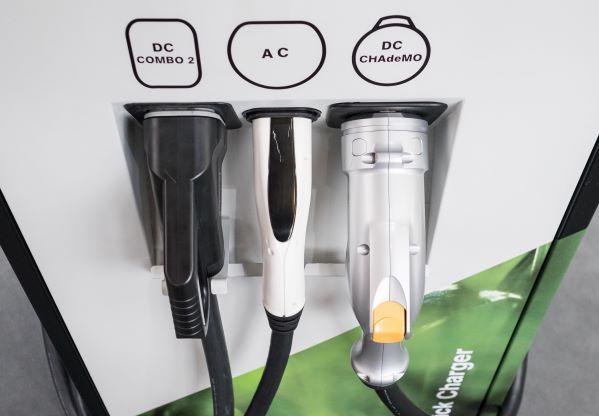 UK homes soon to have them
UK homes soon to have them
Indian Industry body CII minced no words to point out where the work is needed to make EVs attractive for the Indian consumers. It underlined that policies like FAME need to be supplemented with measures such as domestic manufacturing of vehicles, batteries, and components to boost the mass adoption of electric vehicles by 2030.
Quoting a study by the government, the chamber held that India can save 64 % of approx. road-based mobility-related energy demand and 37 % of carbon emissions in 2030 by pursuing a shared, electric, and connected mobility future.
Measures like market creation and adoption, domestic manufacturing of vehicles, components and batteries, strategic sourcing of key raw material and skill development in India are needed to support policies like FAME to embrace mass adoption of electric vehicles by 2030, it explained.
This would result in a reduction of 156 million tonnes of oil equivalent in diesel and petrol consumption in 2030 and net saving of approximately $60 billion in 2030 at present oil prices. Killing two birds with one stone, this is also in line with India’s vision of reducing oil imports by 10% by 2022, the CII said.
In India, transport has continued to be the highest oil consuming sector. Use of diesel and petrol grew at 5.9 % and 9.9 % respectively in the last decade. As per government’s estimates, the country’s import dependency on oil has increased from 78.3 % of total consumption in 2014-15 to settling at a new towering high of 83.7 % in the 10-month period of FY2018-19, the chamber said.
“Effectively managing energy use with growth and reducing India’s oil intensity; developing high-grade energy infrastructure; ensuring an environmentally sustainable future and promotion of clean air and electric vehicles have been carved out as key work areas for CII this year,” CII President Vikram Kirloskar said.
With an eye on promoting electric and hybrid vehicles, the Cabinet in January rolled out a Rs 10,000-crore programme as the FAME-II scheme. The scheme will be operative for a period of three years and came on effect from April 1, 2019.
However, with EV penetration in India currently at just 1 percent, FAME alone is not enough to reach the 2030 target, CII said. It further suggested various measures as prerequisites in this transition. For transport to go truly green, it must also be accompanied by a rising share of renewables along with environmentally sustainable batteries, it deduced.


